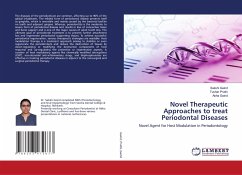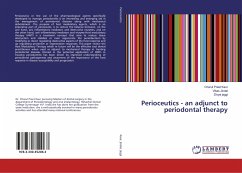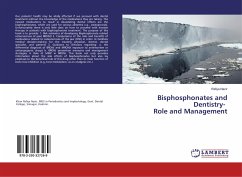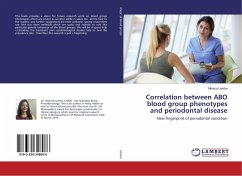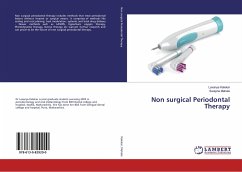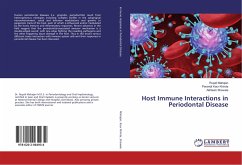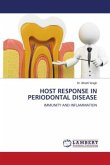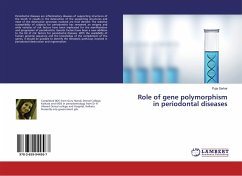The diseases of the periodontium are common, affecting up to 90% of the global inhabitants. The mildest form of periodontal disease presents itself as gingivitis, which is reversible and mainly caused by the bacterial biofilm on teeth and adjacent gingiva. Whereas, periodontitis is the moderate to severe form of periodontal disease and results in loss of connective tissue and bone support and is one of the major causes of adult tooth loss. The ultimate goal of periodontal treatment is to prevent further attachment loss and regenerate periodontal supporting tissues. To achieve successful periodontal regeneration, various therapeutic strategies are available. Host modulation therapy is a treatment approach aiming to stabilize or even regenerate the periodontium and reduce the destruction of tissues by down-regulating or modifying the destructive components of host response and up-regulating the protective or regenerative aspects. A number of host modulatory agents like chemically modified tetracyclines (CMT), non-steroidal anti-inflammatory drugs, and bisphosphonates are effective in treating periodontal diseases in adjunct to the nonsurgical and surgical periodontal therapy.
Bitte wählen Sie Ihr Anliegen aus.
Rechnungen
Retourenschein anfordern
Bestellstatus
Storno

